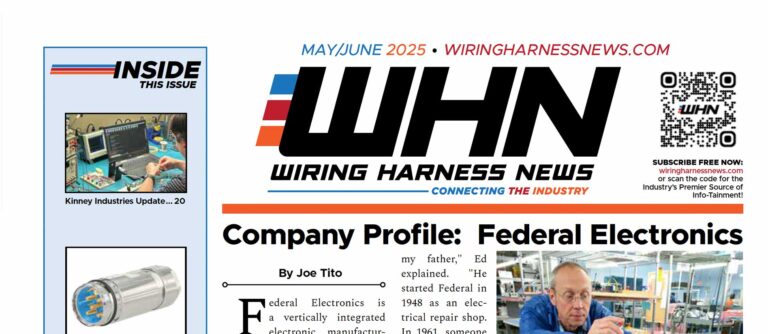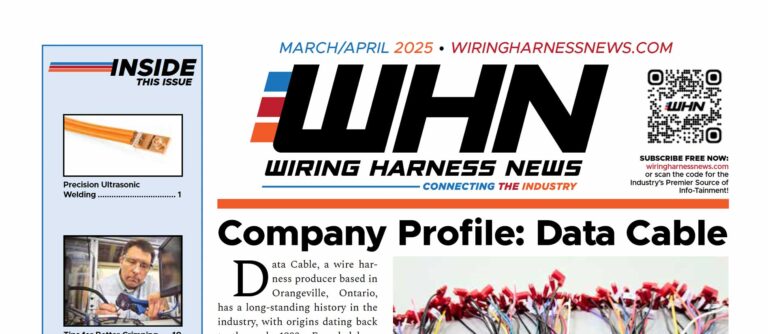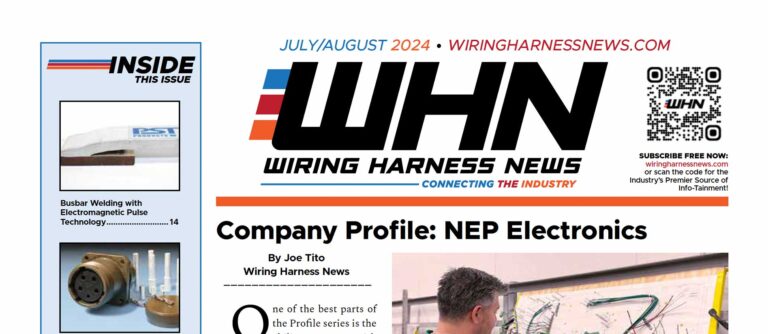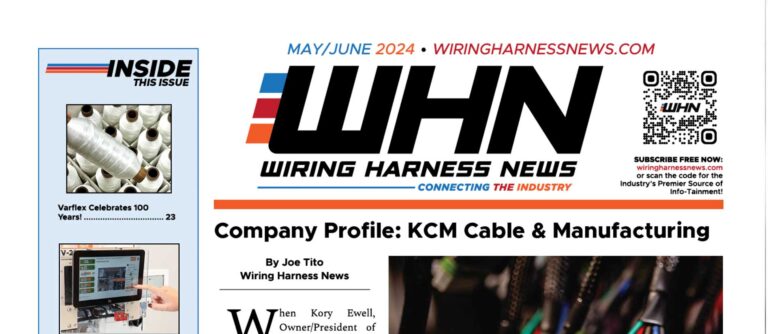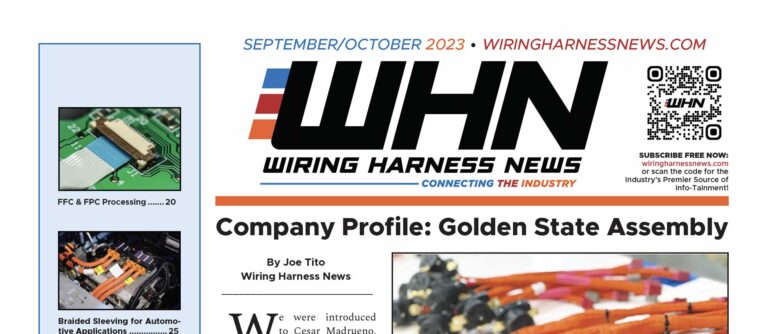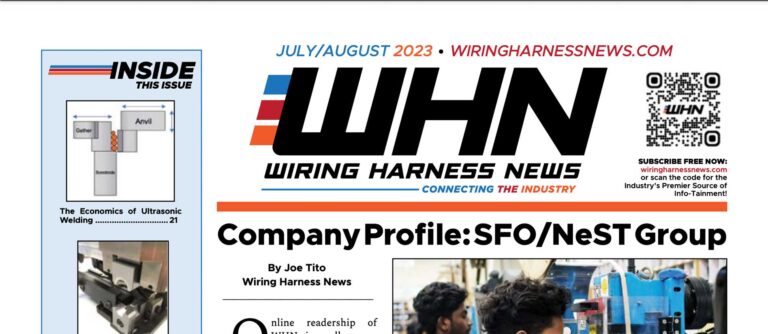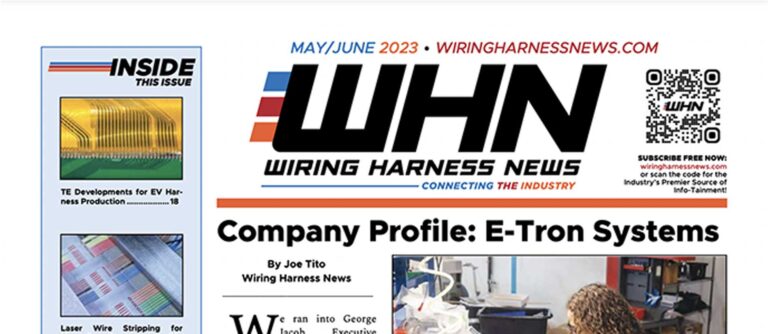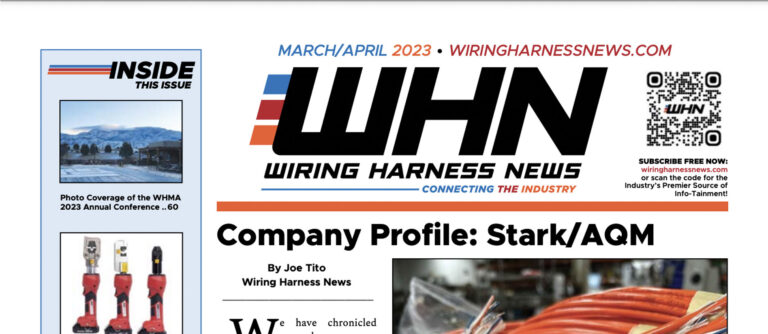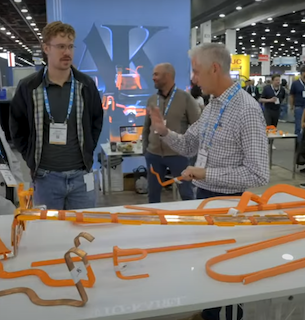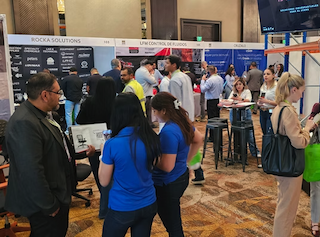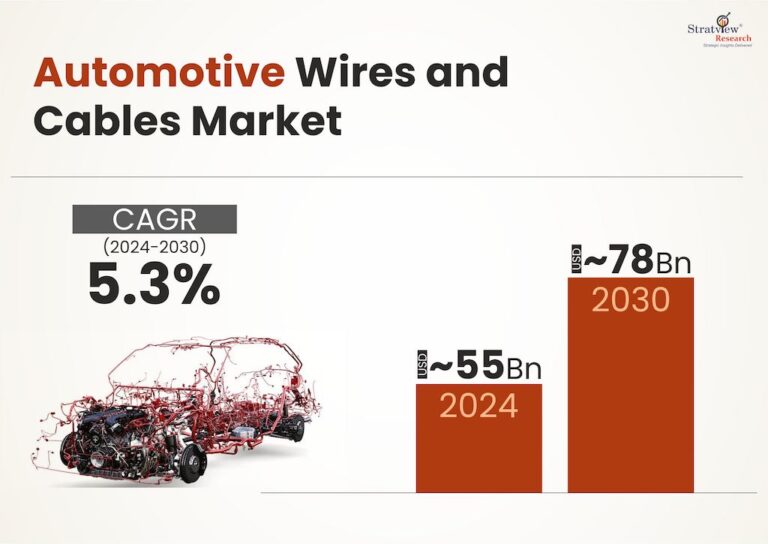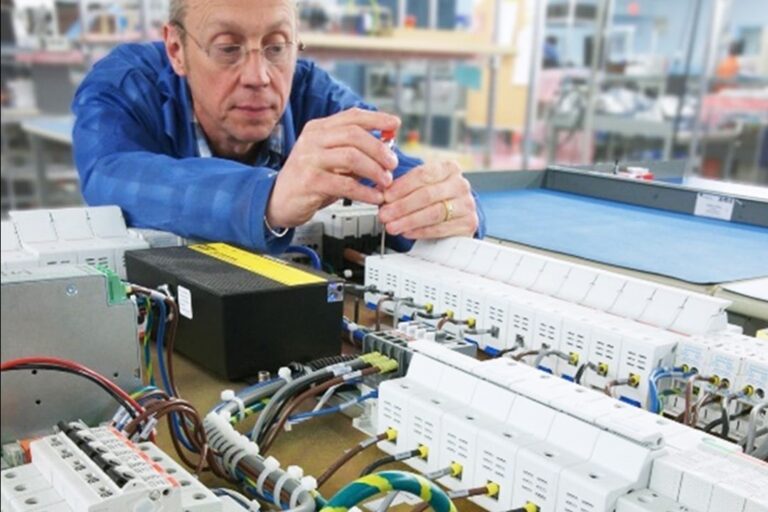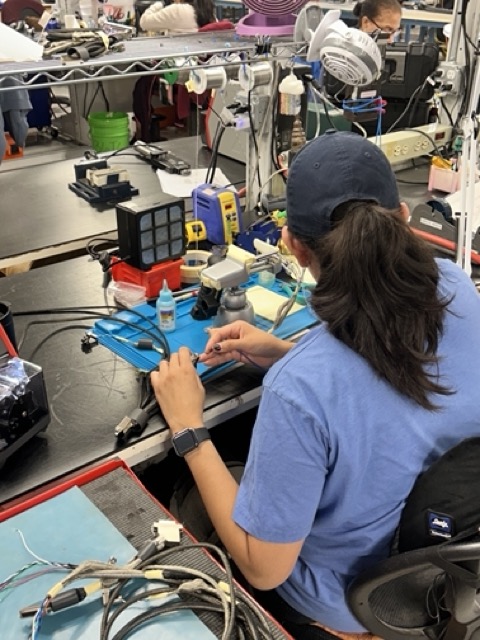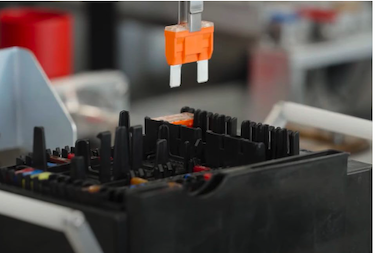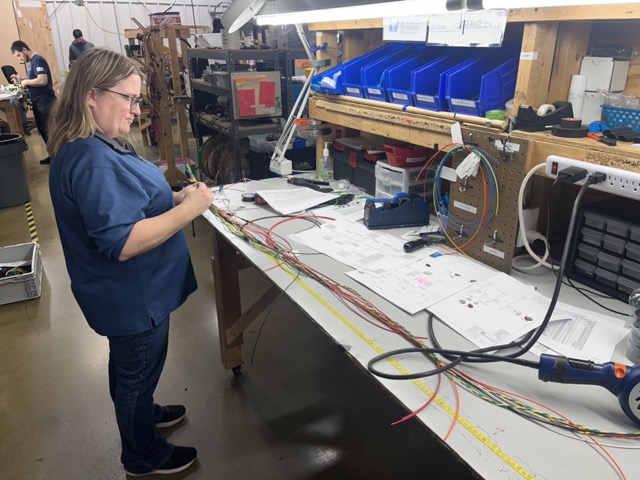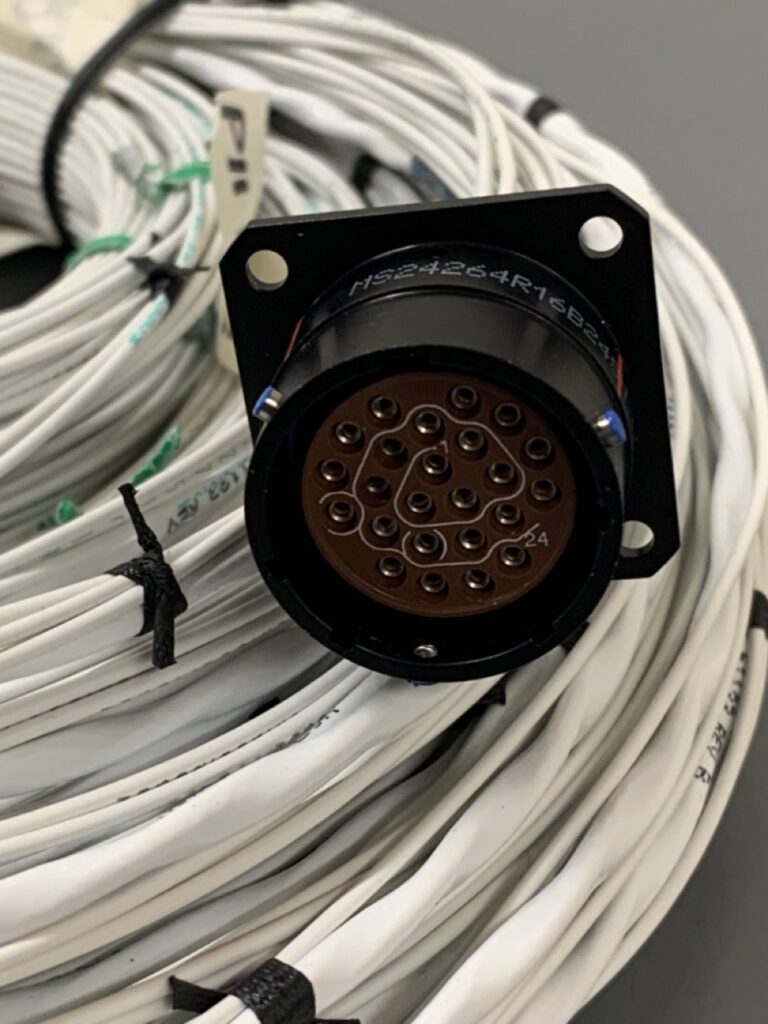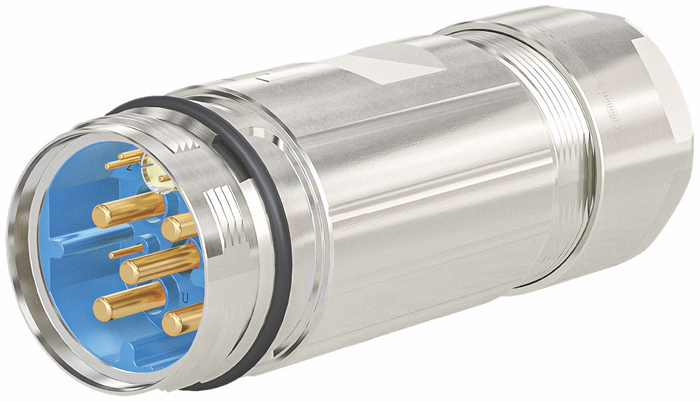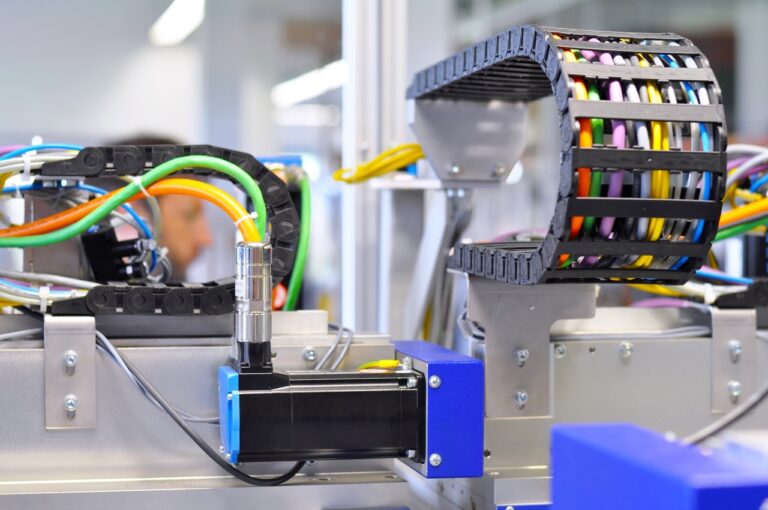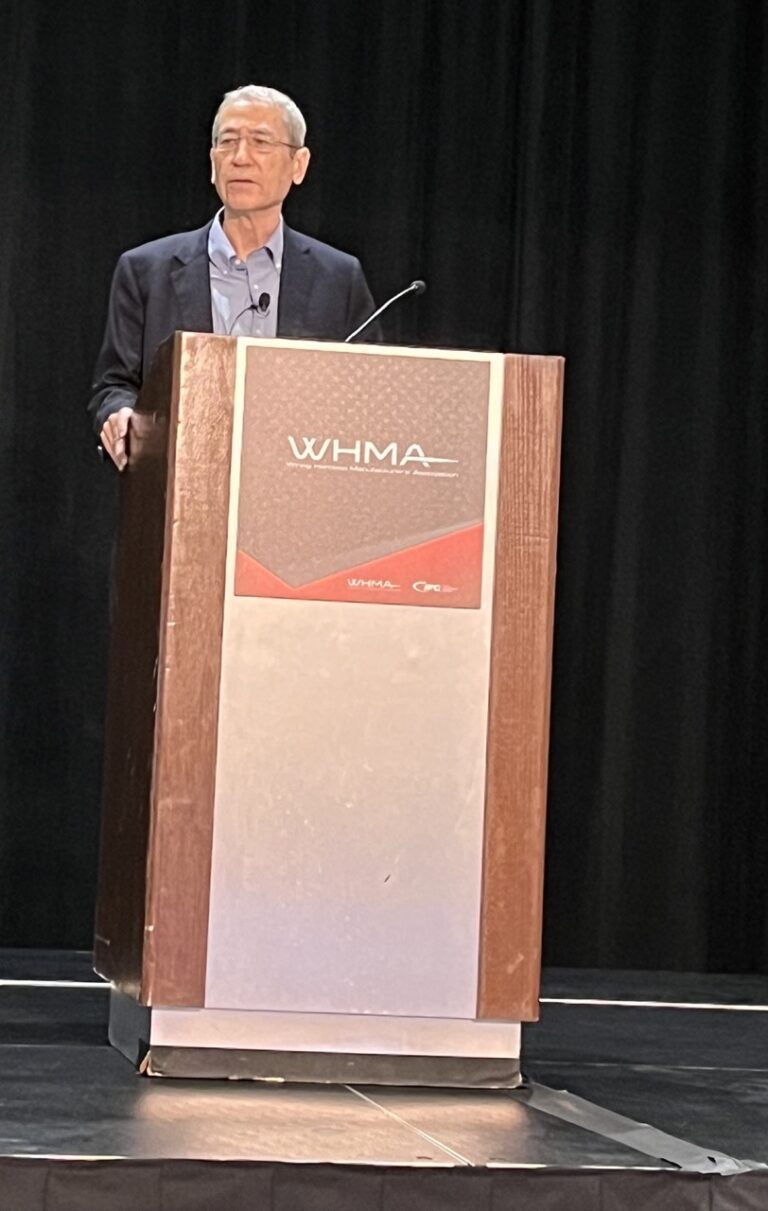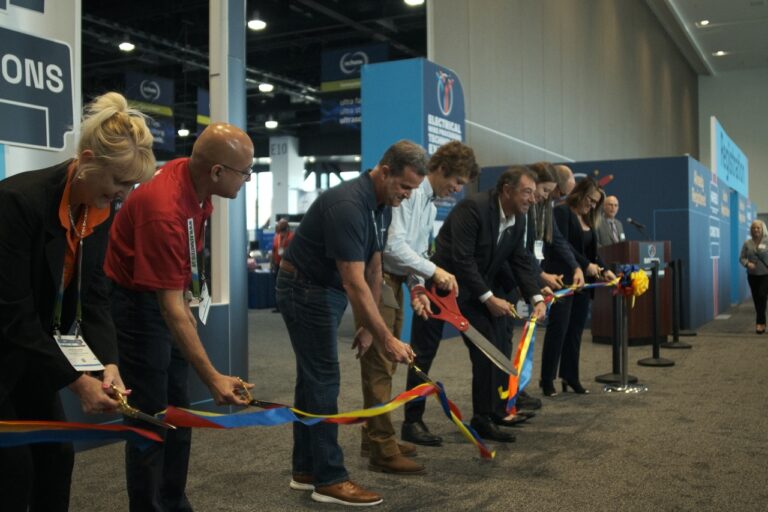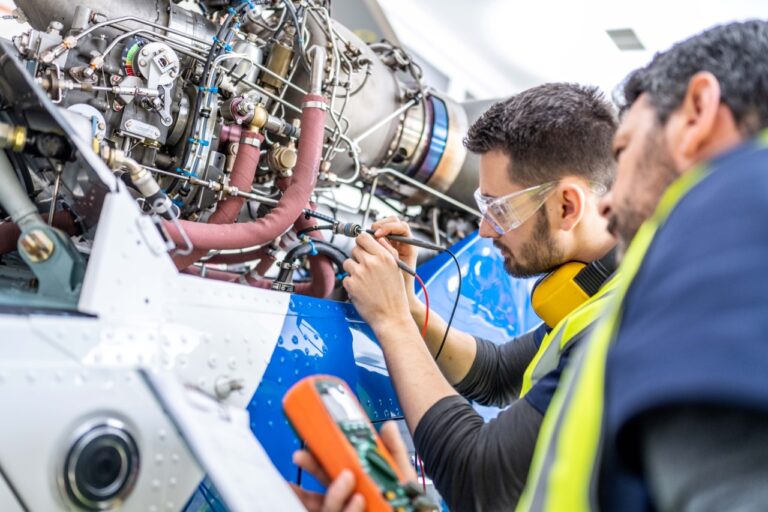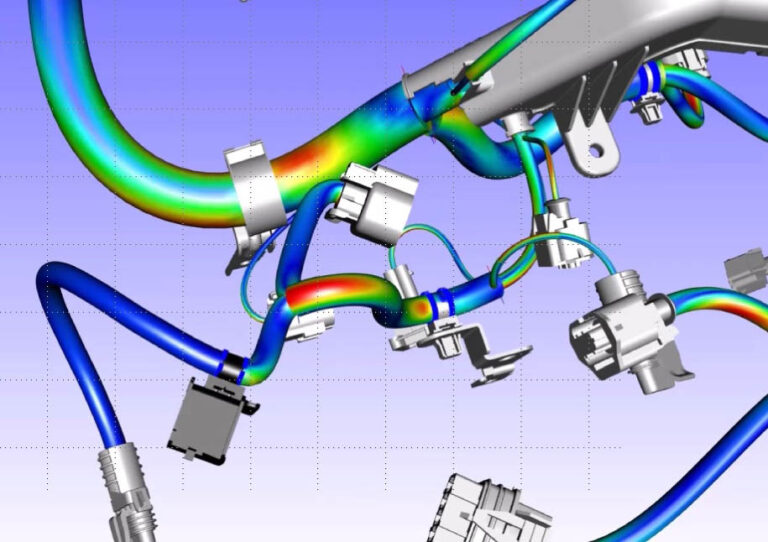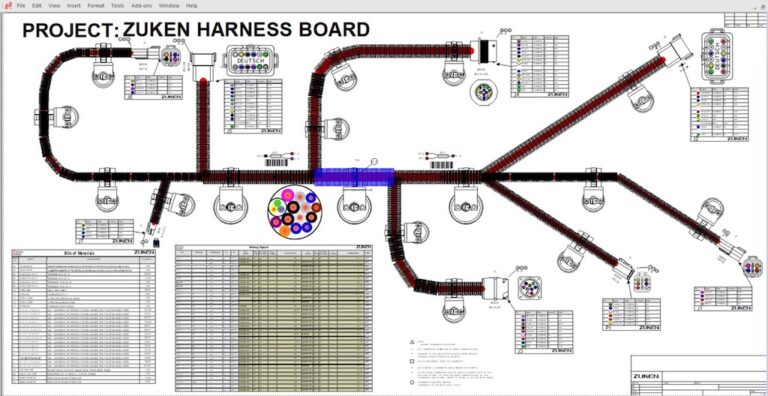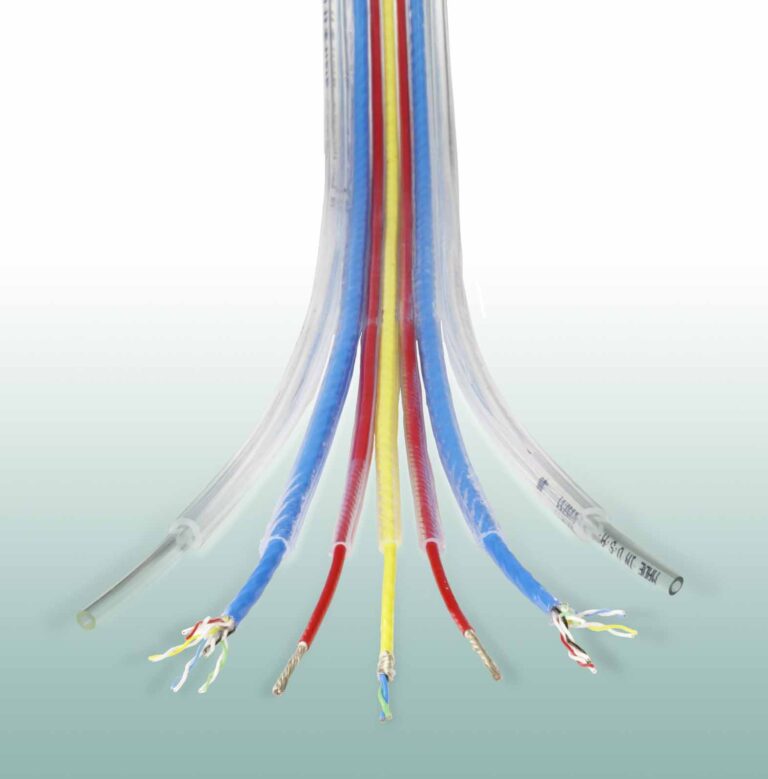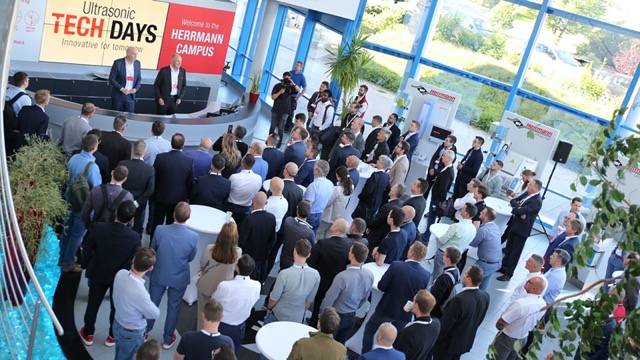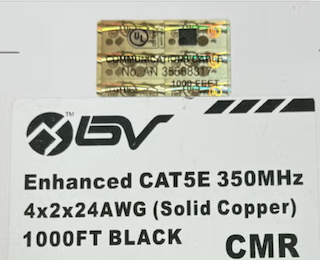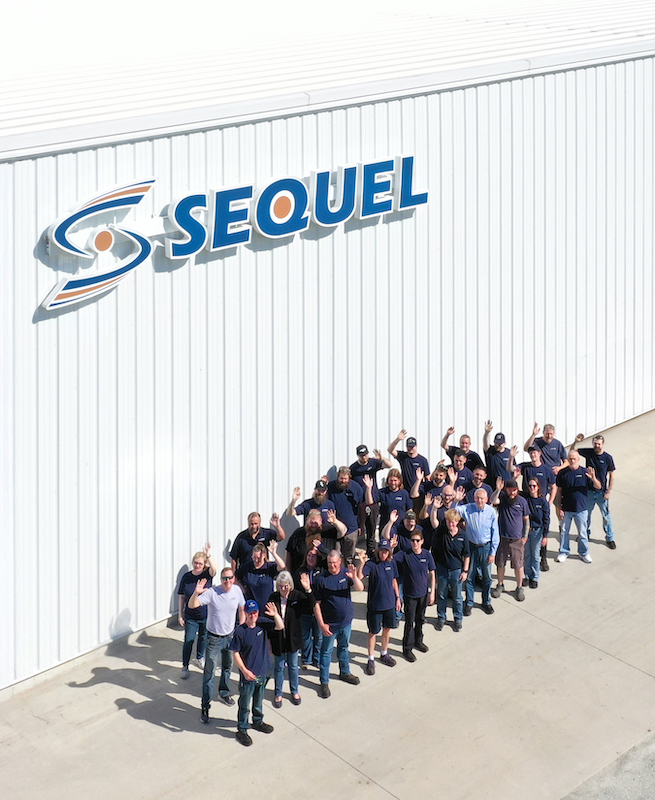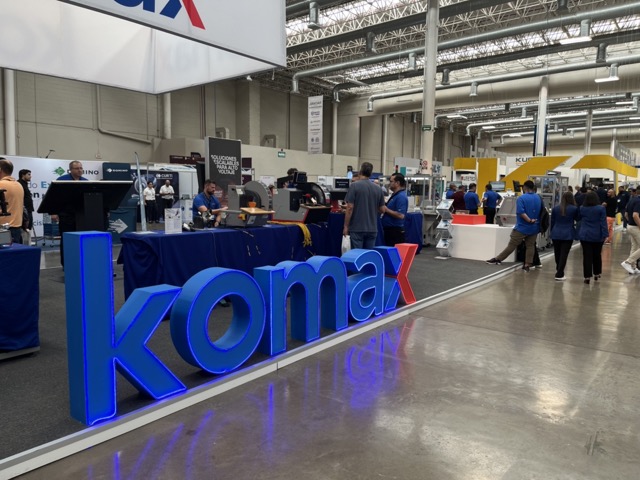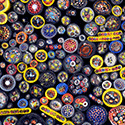The Power Women of the Wire Harness Industry
by Melissa Femia
In the March/April 2017 issue, The Power Women of the Wire Harness Industry debuted as an article series in WHN. The intent of the series is to highlight the careers of successful women who work/worked within the wire harness industry, and to share their experiences and insights on being a female during engineering school and in the field of power and signal distribution systems.
Because WHN is geared toward the manufacturers of wire harnesses, these articles will not reach the intended audience of your daughters, nieces, and other female family members and friends without YOUR help. I encourage all of you to share the articles—middle school and high school students represent the intended targets as well as collegiate freshmen and sophomores.
From first-hand experience, I can tell you I was initially intimidated by the thought of attending engineering school. I did not realize my own level of intelligence nor did I have any interest in helping my father fix vehicles, tractors, or light switches. As a result, I was unaware that I could be successful in a technical discipline. I fear that many other students may feel similarly—not realizing that there are many of us in wire harness engineering today who lacked mechanical interest or who did not graduate Valedictorian of our class.
The previous WHN Power Women articles featured a variety of engineers including a non-traditional student. Thank you again to: Christina Koroll, Lisa Whatley, Kotomi Clegg, Araceli Tarango Martinez, Monica Urena, Marvanee Johnson, Lisa Bellin, Marissa Feinman, and Rebecca Schenke. These women span 4 disciplines of engineering (Electrical/Electronic, Industrial, Mechatronic, and Mechanical), 4 birth countries (Columbia, Japan, Mexico & the USA), and a multitude of work areas and experiences. From scholastic programs to familial exposure, many had STEM influences though some did not. I encourage you to share their stories.
Spread the message I share with my daughters—there are so many different areas in engineering. Just because one aspect of engineering is not interesting or preferable does not mean that the student would not excel in a totally different area within engineering. Furthermore, engineers work in all different disciplines of a business. The skills learned in engineering school can be applied to many other areas of a business. Thus, an engineering graduate is not limited to working only in the field of engineering. Many engineers become teachers or run businesses, as examples.
If you are interested in sharing the stories but missed the original WHN distribution, the articles are available on the Jana Diversity Solutions website at www.janadiversity.com, or at www.wiringharnessnews.com.
If you know a female engineer who would make a great candidate to feature in the Power Women series, please direct them to me at [email protected]


